If you've been paying attention to your nutrition labels lately, you might have noticed an ingredient called Stevia. Stevia is probably the most widely used natural sweetener in the world, and with no calories, sugar, or carbohydrates per serving it’s easy to see why. It is often touted as a healthy alternative to sugar, especially for weight management and leveling your blood sugar.
Despite all its health benefits, some say Stevia may not be as safe as you think.
Before we dive into whether or not Stevia is the ideal sugar substitute, let’s discuss what it is and where it comes from.
What is Stevia?
Stevia is a plant that is native to South America similar to an aster or a chrysanthemum and has gained immense popularity as an alternative to sugar. The sugar substitute is made by extracting the leaves of the plant, placing it in water, then drying and grinding it into a fine powder. You can actually grow your own Stevia plants at home, however it would be very different from the refined Stevia you would purchase at your local grocery store.
Why is That?
The Stevia you find on store shelves is not actually made from the Stevia leaf at all, but rather made from an extract of Stevia called rebaudioside A (or Reb-A). This is because the FDA has classified whole leaf stevia as a dietary supplement and therefore cannot be used as an added sweetener.
On the other hand, rebaudioside A has been approved as a sugar substitute because it does not provide any nutritional value. Reb-A is 200 times sweeter than sugar and doesn't have any of the calories or carbohydrates you would find in traditional refined white sugar. Reb-A is what gives Stevia its distinct sweetness but can only be found in small amounts within the plant's leaves.
This makes it costly to produce large amounts of Stevia extract that's rich in Reb-A. It also explains why Stevia tends to be more expensive than sugar!
In order to reduce costs, many companies will use a blend of Reb-A and other sweeteners to make their stevia products. This means that you might be getting a better deal on your stevia, but you're also getting some filler ingredients that you may not want to consume.
The Benefits to Using Stevia
If you are someone who has a medical condition like diabetes, then Stevia is a great sugar alternative that has been proven to keep your insulin and glucose levels in check. It also has the potential to help your cholesterol levels, however the studies that have been done are not totally conclusive or verified outside of a laboratory setting.
If you want to lose weight quickly, then one of the best things you can do is cut added sugars out of your diet completely. Sugar is often hidden in foods like bread and pasta sauces, so it can sometimes be difficult to know how much you are actually consuming each day. By replacing white sugar with Stevia, it eliminates the risk of accidentally eating too much added sugars and helps you stay on track.
The Downsides of Stevia
While there are certainly benefits associated with switching to Stevia, there are also some downsides to consider.
One of the most common reported side effects of using Stevia includes intestinal discomfort such as bloating, gas, diarrhea, and nausea. There are studies confirming these gastrointestinal symptoms, which seem to stem not necessarily from the Stevia or Stevia extract itself, but rather the filler ingredients often used in these products, such as sugar alcohols like erythritol.
For example, some 2x4 solutions do in fact have some stevia added in order to enhance the flavor. However, we do not use filler ingredients that often lead to digestive problems. That’s the key difference here, and that’s what you need to look out for.
The Bottom Line
Ultimately, if you’re going to use Stevia on a regular basis, it can save you money in the long run and help you manage your weight and blood sugar levels. It takes less of the extract to add sweetness compared to sugar substitutes like aspartame and agave, meaning that a container of stevia may last you for months, even a year or more.
However, make sure that you look for one that only contains stevia extract—some brands include fillers like erythritol or dextrose and maltodextrin, which are all derived from corn. At the end of the day, make sure you check the ingredients list on any product before you buy it. If the ingredients list contains fillers, use caution.


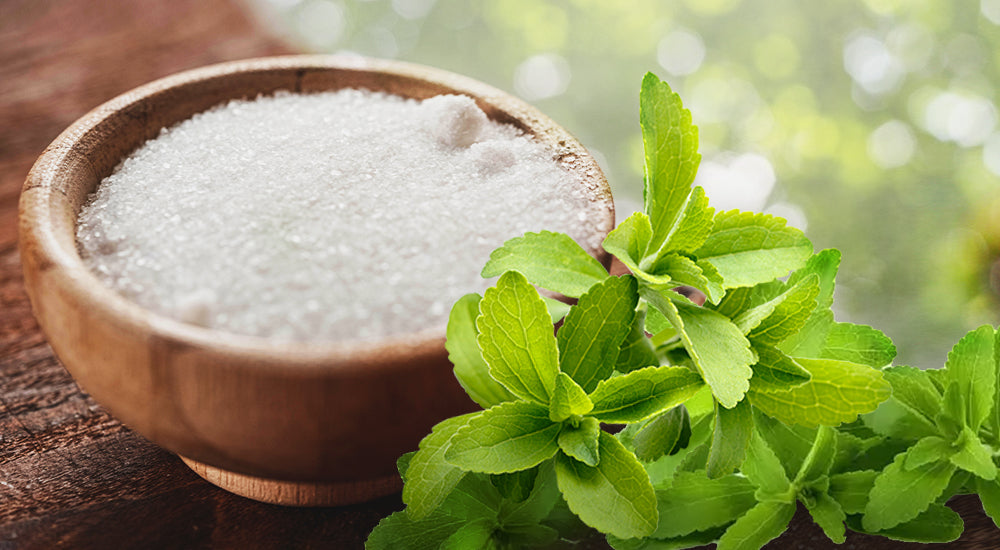













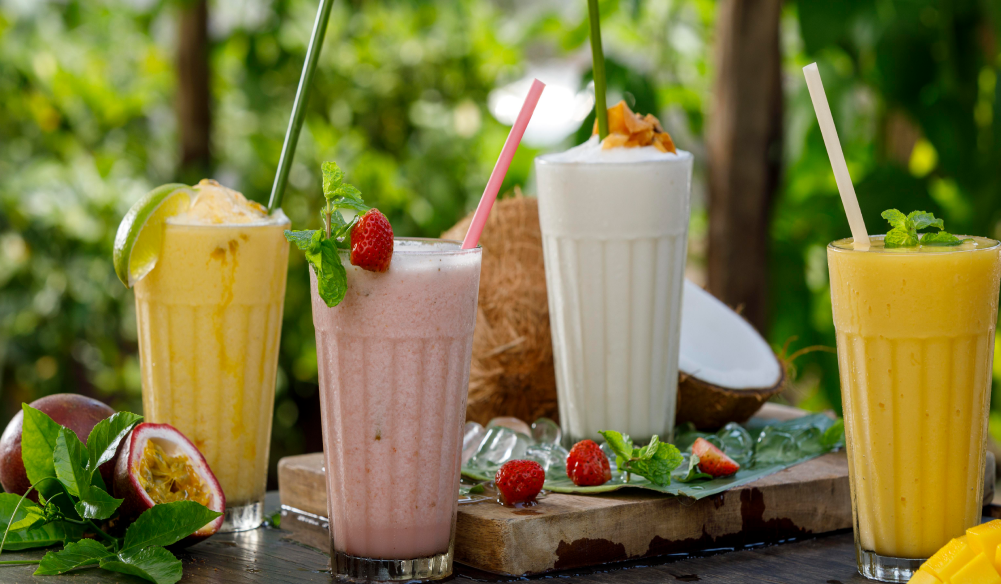
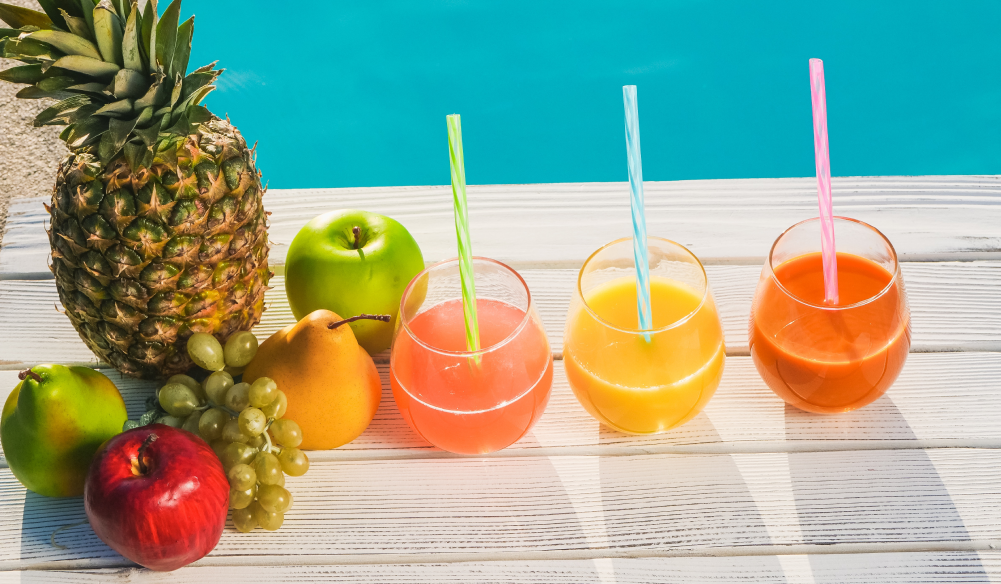


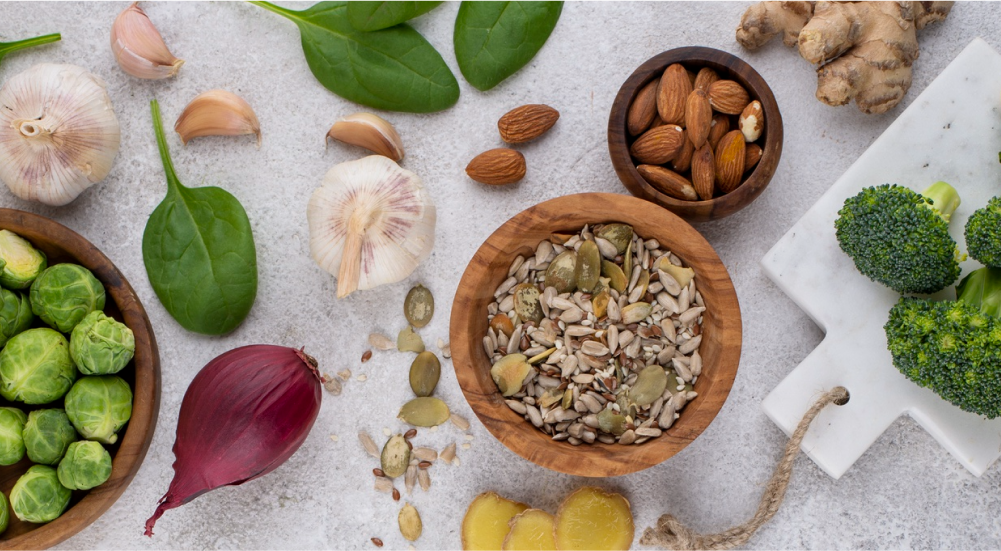
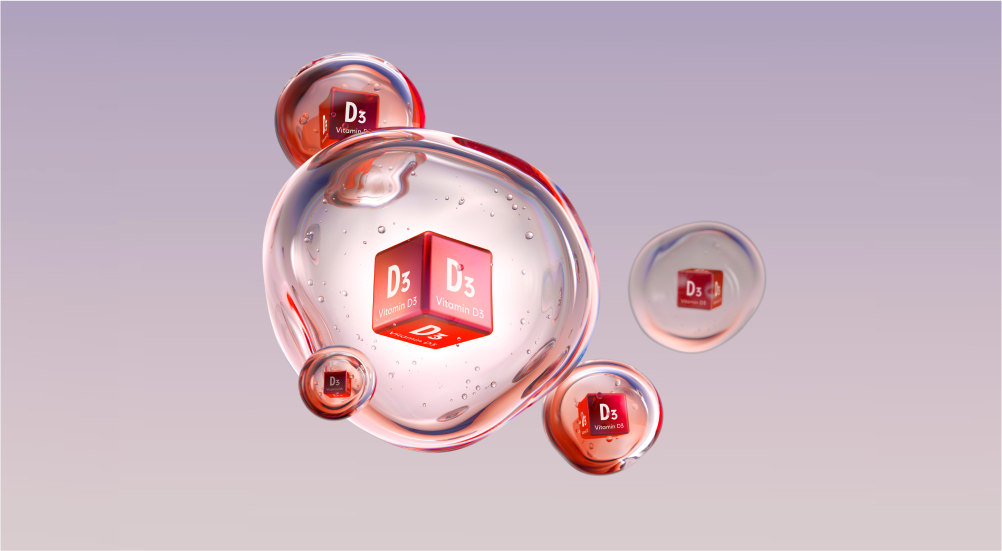
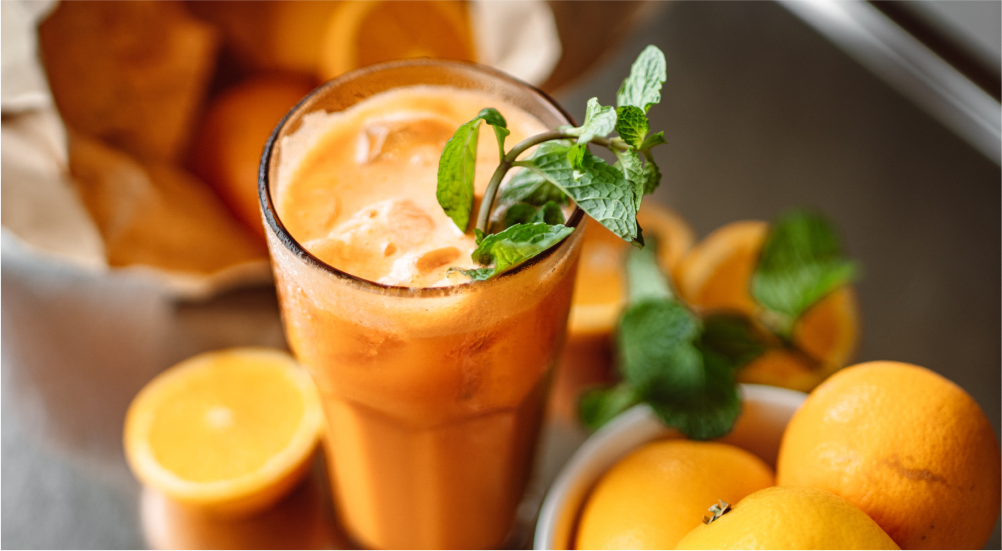
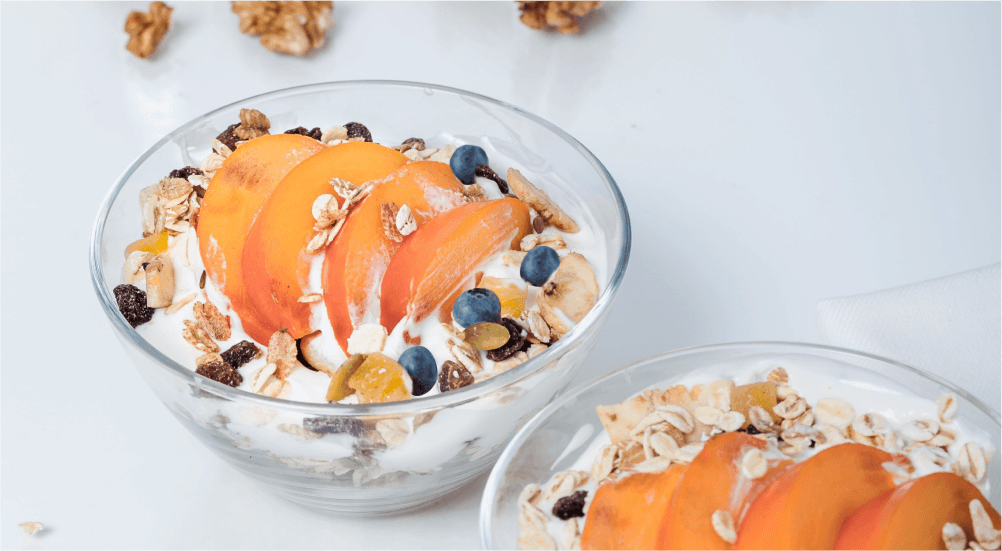
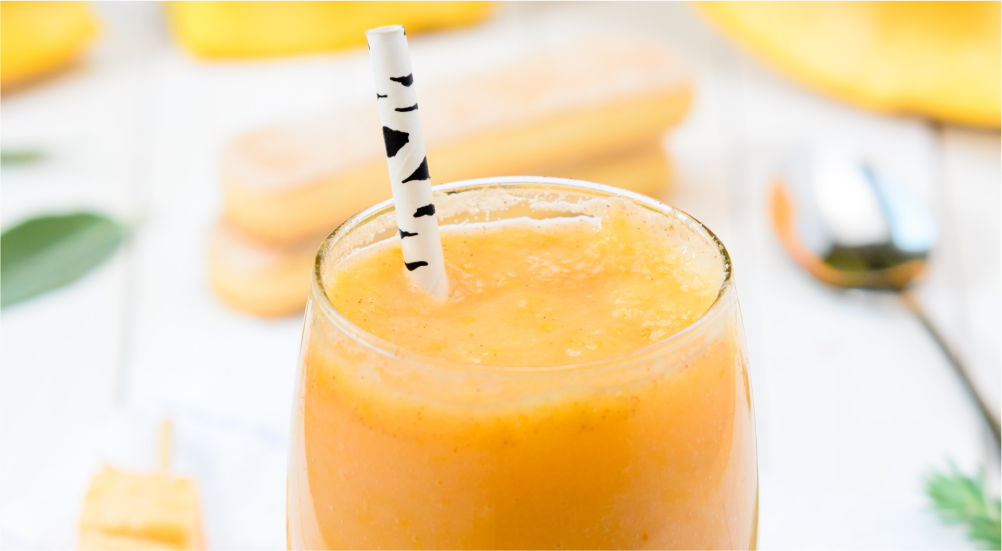
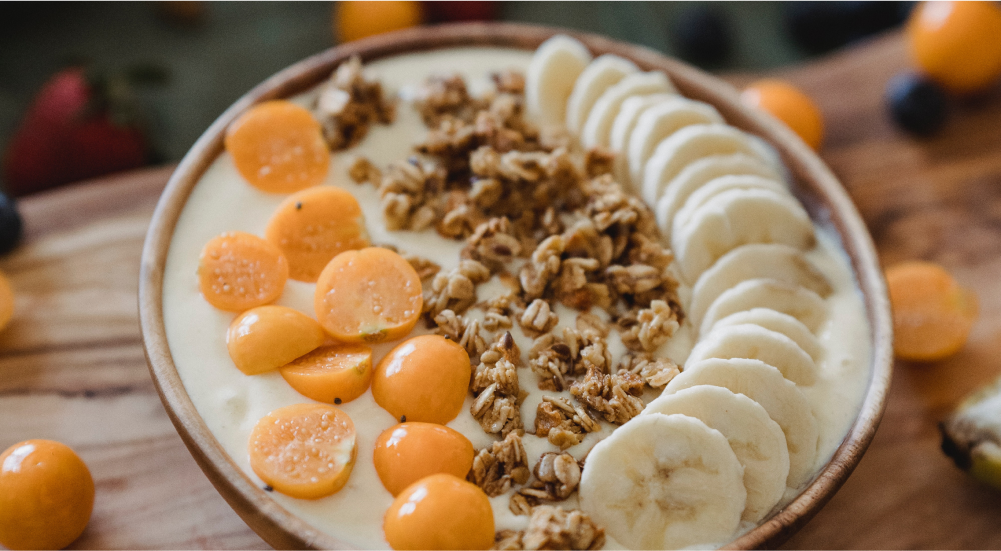
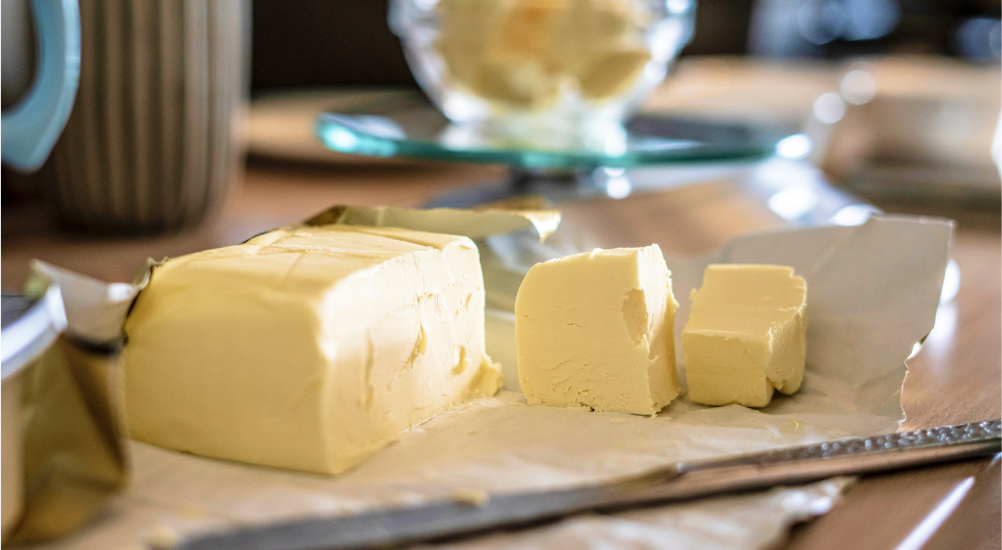
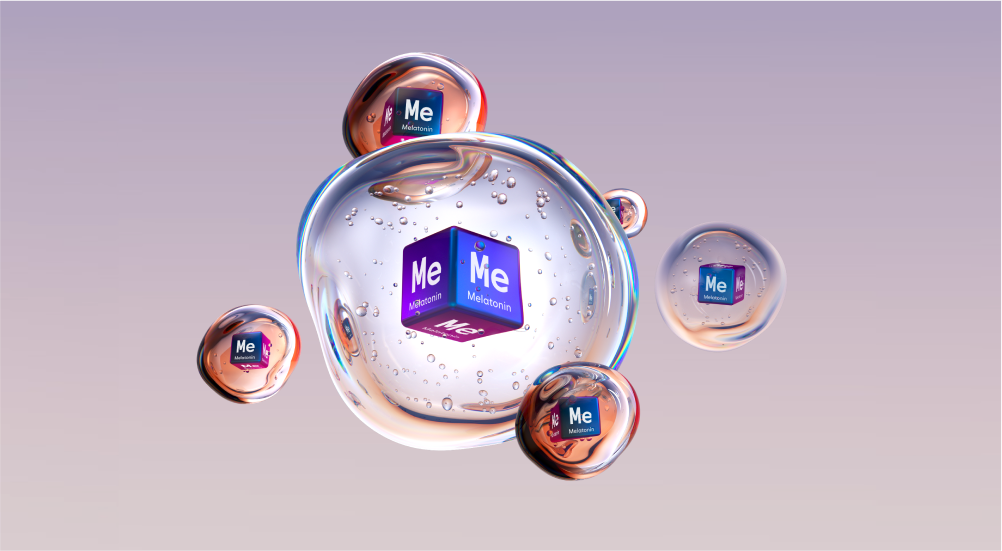

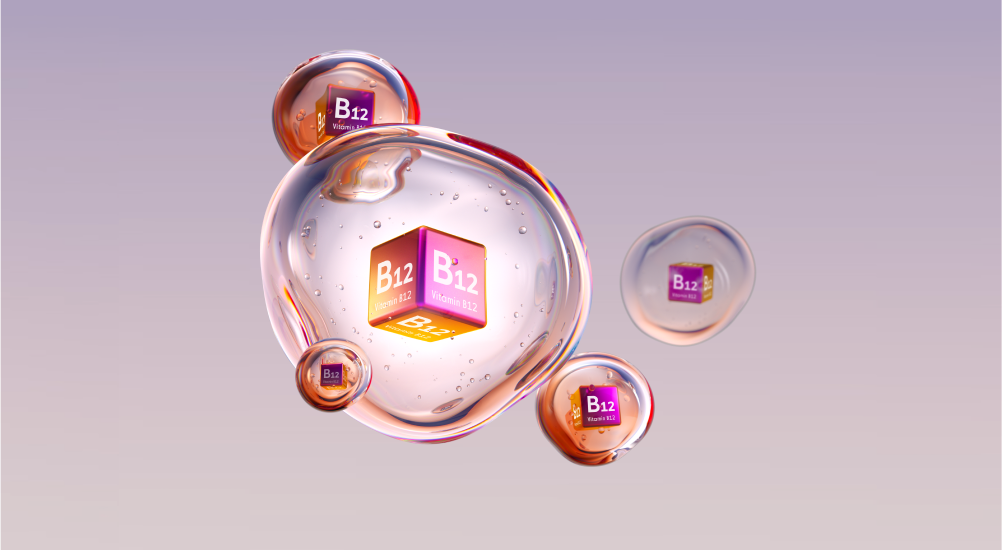
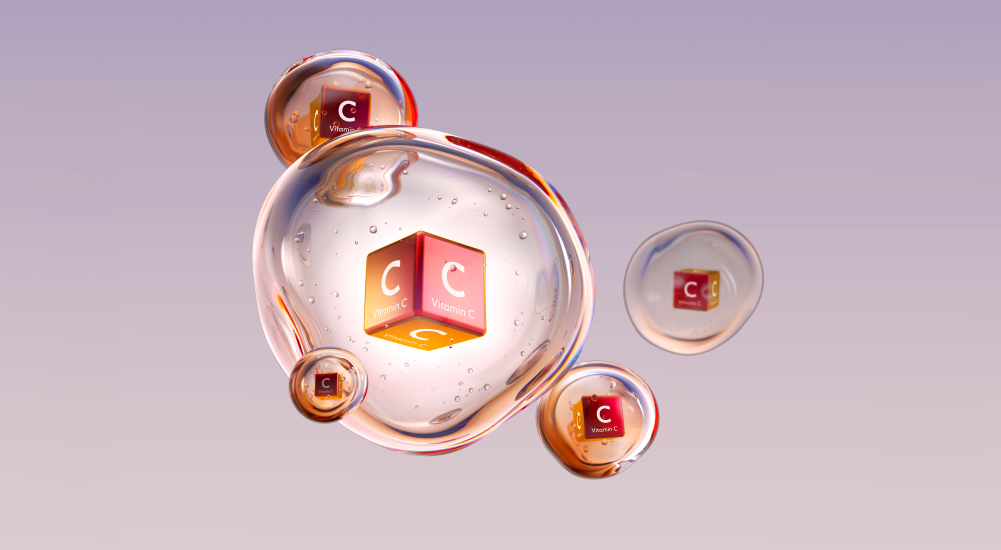
2x4 is a wellness brand created by doctors and wellness advocates. We seek to empower those who are curious about better nutrition and provide tools to multiply wellness.